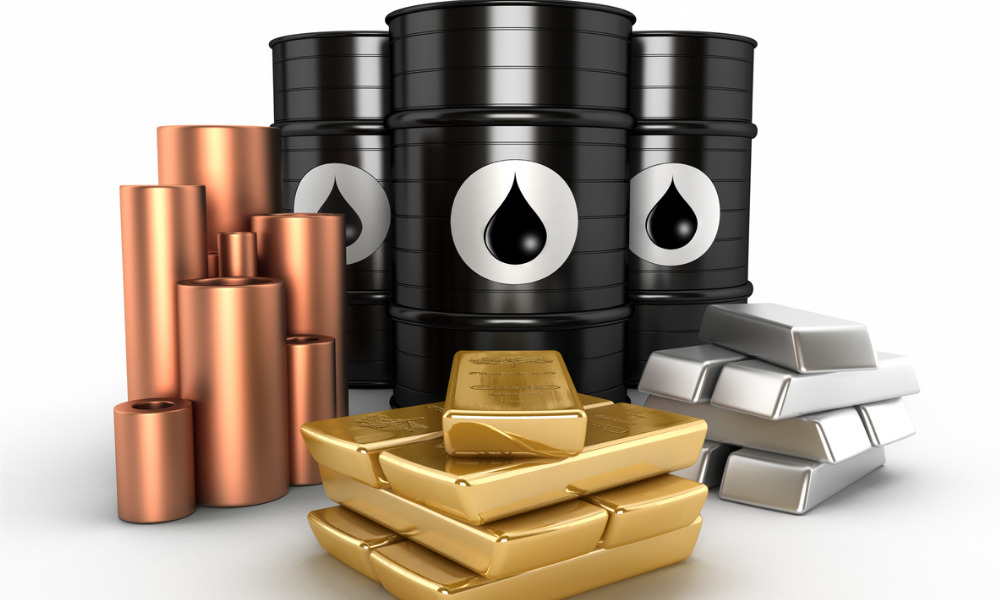Alternative asset class showcases resilience in rising-rate situations and can help investors hedge against inflation

Commodities have been in the spotlight this year due to increased geopolitical and economic pressures, which are bolstering the case for their inclusion in portfolios.
In a new commentary published by RBC Global Asset Management, analysts from BlackRock broke down the numbers highlighting the current bull case for commodities.
In a rising rate environment, investors are employing the asset class for two purposes: inflation hedging and adding diversification to a broader portfolio. As a result, price increase and volatility have risen across the commodity complex.
Measured by the S&P GSCI, commodities outperformed all other asset classes this year, up 37.29% through March 25.
The supply and demand mismatches experienced this year could persist due to structural reasons such as strong demand after Covid-19 as economies reopen, localization of supply chains, and greater cost of capital in commodities investments, which has historically contributed to underinvestment in the sector.
Meanwhile, increased geopolitical risk may continue to fuel shortages, pushing commodities prices upward. Russia produces 40% of Europe's natural gas, 43% of global palladium, and over 30 percent of global wheat exports. The current disruption in energy and commodities supplies could have a big influence on prices.
Copper, in particular, will be critical to the low-carbon transition: the metal is highly conductive and malleable, and an electric vehicle consumes 80kg of copper compared to only 20kg for a typical internal combustion vehicle.
Commodities have consistently outperformed the 500 Index in the first 12 months of a Fed hike cycle since 1994. They have a low correlation to equities and bonds over time, adding diversification to multi-asset portfolios.
Furthermore, commodity sectors usually have a low or negative association with one another such as precious metals and cattle which have been inversely connected over the last ten years. Commodities have continued to offer protection against equities and bond market volatility.
As geopolitical instability persists, sentiment toward gold is growing. In recent weeks, gold has benefited greatly from the flight to safety as its low-to-negative correlation to equity performance entices investors spooked by equity volatility.
“The precious metal could also benefit if the supply shock translates into an economic growth shock – this would likely slow central bank appetite for rate hikes, decreasing the opportunity cost of holding gold in portfolios,” the commentary said.



